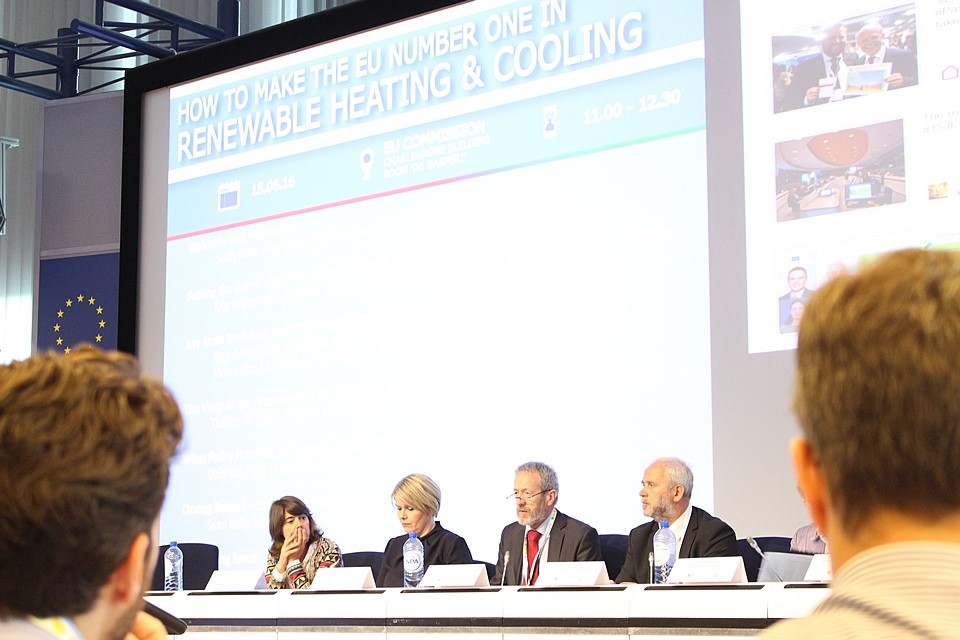Key policy success factors that support renewable energy fuelled heating

Policy instruments to support renewables in the heat sector should be adapted to market conditions and the characteristics and maturity of each technology, recommends an-EU project lead by energy agencies and industry associations.
Policy instruments to support renewables in the heat sector should be adapted to market conditions and the characteristics and maturity of each technology, recommends an-EU project lead by energy agencies and industry associations.
The external costs of using fossil fuels are still not fully reflected in the market price of energy. It is therefore necessary to introduce measures to correct those market failures, stresses a report published by the FROnT project. The project, co-funded by the European Union, is developing tools and studies on how to deploy more renewable heating and cooling in Europe.
This paper presents good practices and recommendations for the design and implementation of successful financial support schemes for renewable heating and cooling technologies, including renewables-based district heating.
The main factors presented as critical to the success of a support scheme are the contribution of different stakeholders, stability and predictability, transparency and accountability, a balance between financial adequacy and efficiency, and the assurance of quality and performance. Other important elements are non-burdensome administrative procedures, support to applicants, and good communication and marketing.
One of the best practices reported is the Dutch geothermal risk mitigation facility, which was established to consolidate the development of deep geothermal heat and remove the very technology-specific barrier related to the resource risk. The same instrument is used in France and Denmark and is considered the best technology-specific policy instrument for emerging markets.
The report stresses that the support allocation method and level depends very much on the target group and market maturity, but some factors are common to all. Schemes must be flexible and include a revision mechanism to be adaptable to falling technology costs. Control mechanisms must be put in place to ensure quality and performance to build consumer confidence in renewables technology. Reviews should be put in place to ensure that administrative costs are kept to the minimum for both the consumer and the provider, and that complaints are dealt with swiftly.
The periodic evaluation of schemes is important to ensure that policy objectives are being met, and should be used to keep consumers and policy makers well aware of the impact of the scheme.
Recommendations and best practices developed by the project are based on assessments of 28 schemes in nine Member States of the EU, and developed with public authorities, energy agencies, and industry experts. The full report can be downloaded here: http://www.front-rhc.eu/library/#success